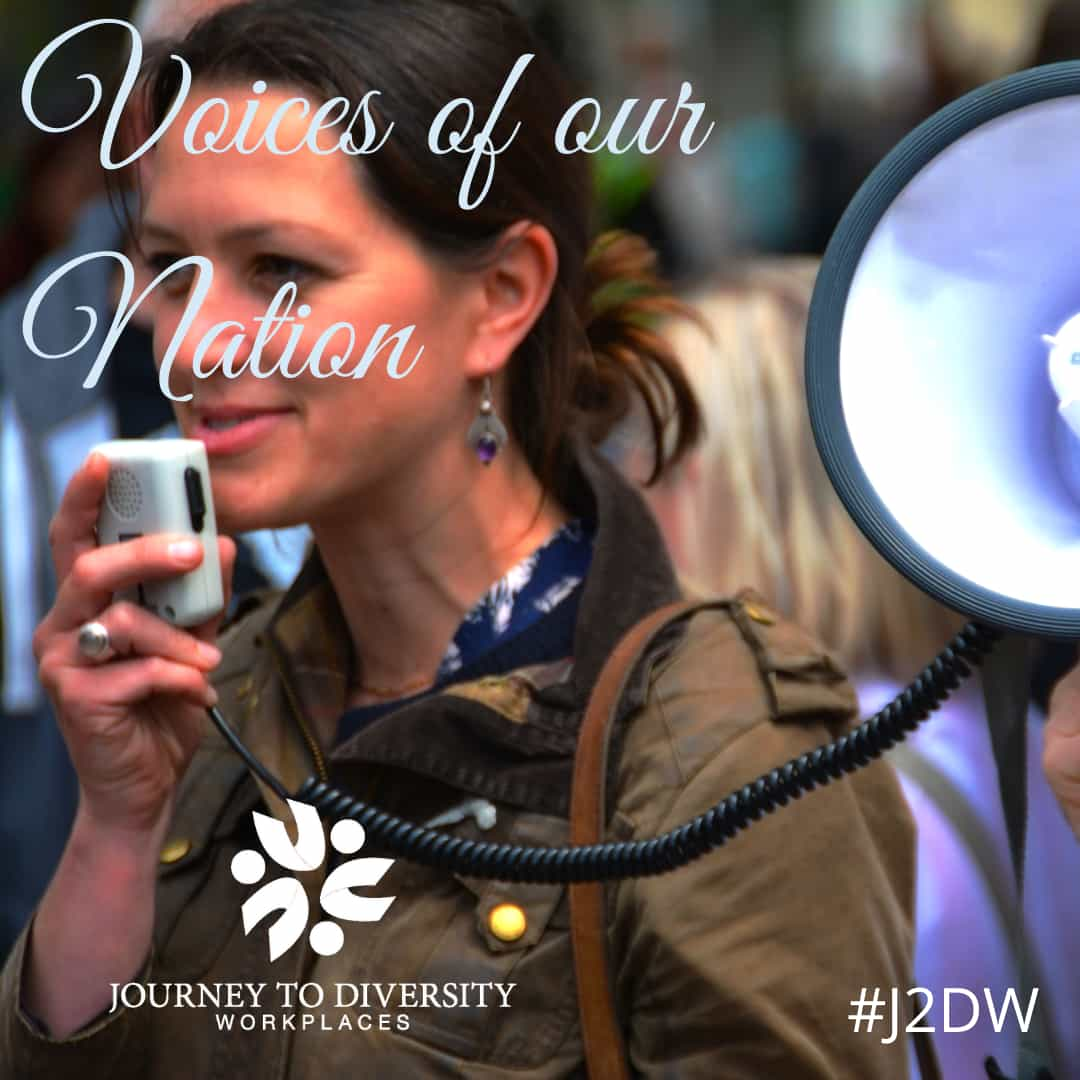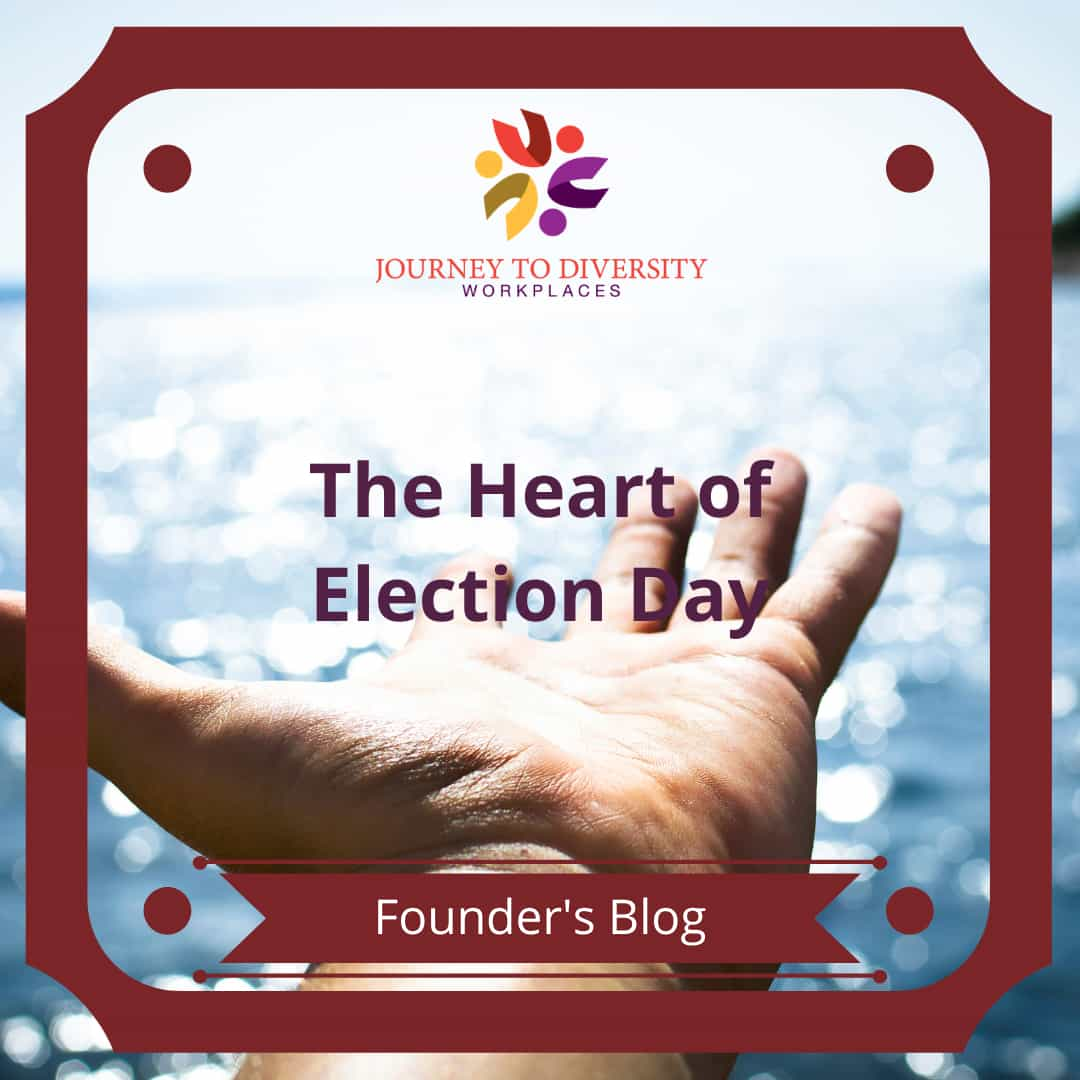Attitudinal barriers are the challenges, or barriers, experienced by people with disabilities in the workplace. Attitudinal accessibility refers to eliminating attitudinal barriers that discriminate against people with disabilities. Attitudinal barriers include thinking that people with disabilities are inferior or assuming that a disabled person with a speech impairment never understands you. Discrimination is an action or a decision that treats a person or a group negatively based on their race, age or disability. Canadian employers are not allowed to discriminate against their employees. Employers are required to make every reasonable effort to accommodate an employee’s individual circumstances that relate to discrimination.
Discrimination can be decreased when there is awareness of the potential misconceptions or negative attitudes towards employees, including disabled persons, within the workplace. Employers must not discriminate on the basis of a disability or a perceived disability. Employers must make it clear that harassment in the workplace will not be tolerated. Harassment must be investigated and corrected as soon as employers become aware of it. An effort must be made to eliminate the various types of discrimination, and the associated social stigmas, that can exist in workplaces.
Attitudinal barriers are the most basic barrier and contribute to other barriers. People may not be aware that difficulties in getting to or into places can limit a disabled person from participating in everyday life and common daily activities. People sometimes will categorize or stereotype disabled people while assuming their quality of life is poor or that disabled people are unhealthy because of their impairments. Some types of disabilities may be similar, but can pose different challenges or impairments for disabled people within the workplace. Employees should be aware of the individual needs of all of their employees to be able to maximize workplace productivity.
An inclusive workplace environment should be created where each employee is valued and respected. Every employee will bring various skills, strengths, and weaknesses to the workplace. For a workplace to be successful, employers must be aware of how to properly manage these skills, strengths, weaknesses, along with the individual needs of their employees. Attitudinal barriers are behaviours, perceptions, and assumptions that discriminate against people with disabilities. Attitudinal barriers are also ways of thinking or feeling resulting in behaviour that limits the potential of people with disabilities to be independent individuals. Attitudinal barriers usually lead to illegal discrimination which cannot be easily overcome.
To eliminate attitudinal barriers, the best solution is for employers and employees to familiarize themselves with employees living with a disability. Do not assume what employees or clients with disabilities can or cannot do. Members of a workplace should be trained to effectively interact and communicate with people with different types of disabilities. Employers must understand the types of accommodations for disabled people, some of which are low cost to the workplace. Being aware of attitudinal barriers allows the workplace to cooperatively develop strategies to overcome the barriers. Workplaces will be more successful when employers and employers are able to cooperatively work together as a cohesive unit in an inclusive workplace environment that encourages respect and an awareness of each employee’s individual needs.
Sources:
Disability Barriers
Discrimination and Other Workplace Barriers
Overcoming Attitudinal Barriers
Solutions to Attitudinal Barriers
This article was written by volunteer blogger Shan Simpson and edited by volunteer editor Scott Jacobsen.




